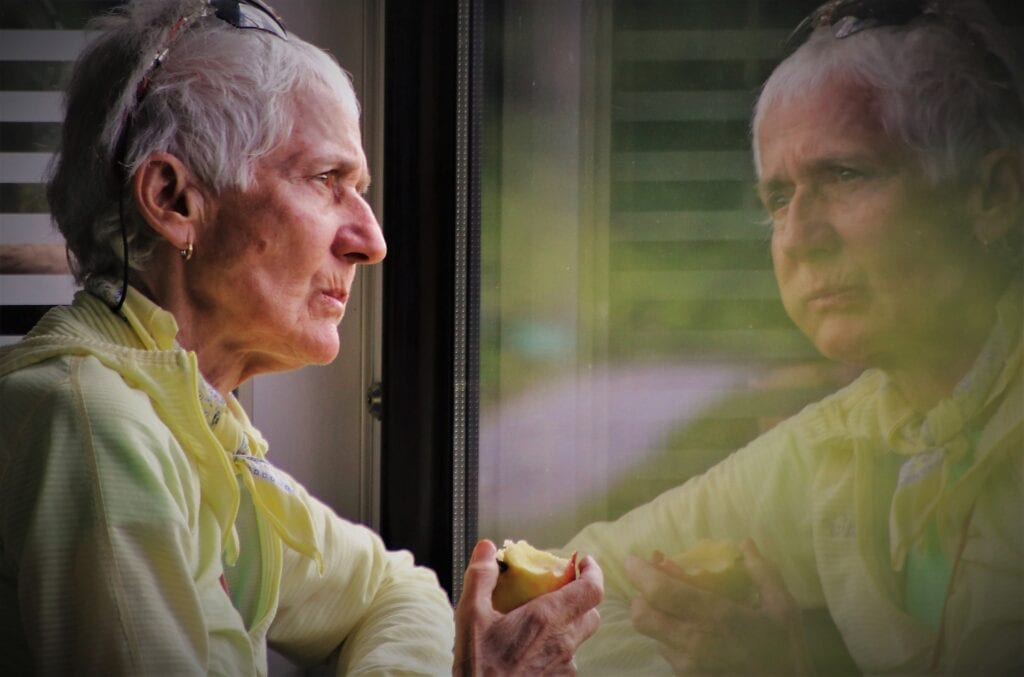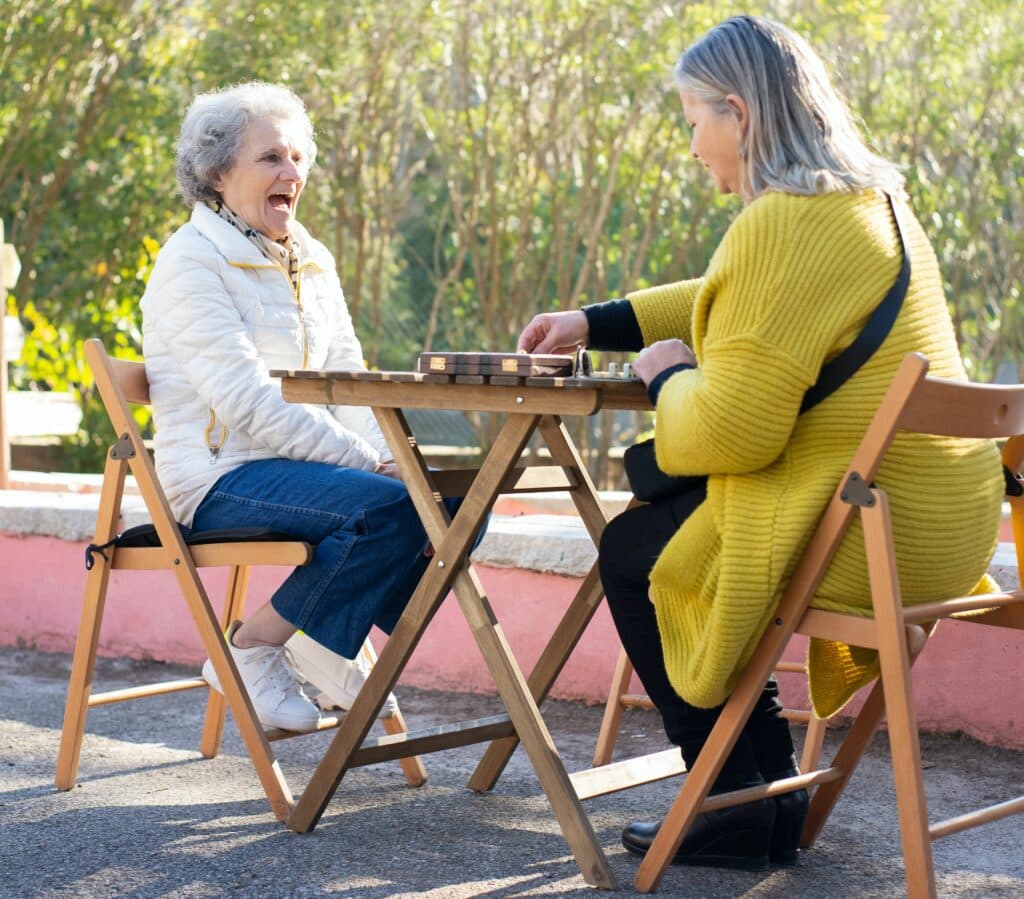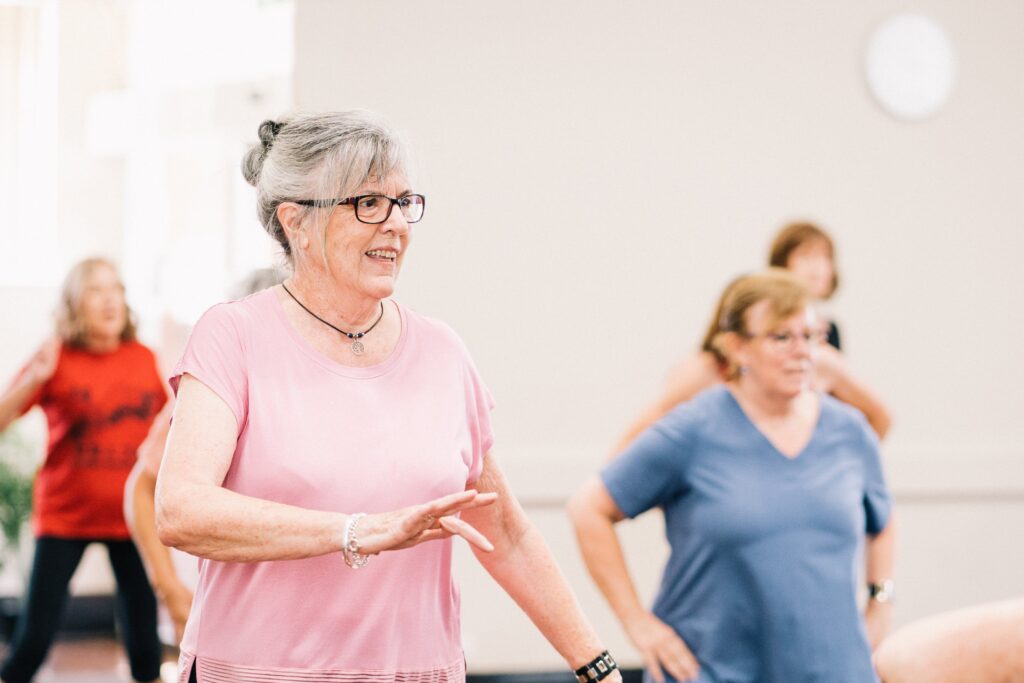Highlighting the importance of Diversional Therapy in mental health care

Imagine a time where you are no longer able to take care of yourself. Perhaps you are becoming unsteady on your feet and are having trouble remembering important things like turning the stove off or locking the front door. Perhaps the challenges of shopping, cooking and feeding yourself are getting to be too much for you, even with help, and you are not eating or drinking enough, which adds to your frailty and forgetfulness. Your children help when they can, but they are busy working and taking care of their own families. After a particularly nasty fall, you realise that you must face up to the fact that you are no longer coping on your own and you move into residential care, leaving the house you have lived in all your life and all the memories it holds.
Can you imagine how bereft you would feel? Not only are you leaving your home, but you are also leaving your independent life, having to accept that from now on, you will have little autonomy and must fit in with the institution that is now your place of residence. It has routines and procedures that are strange to you and may not fit with how you are used to doing things. It is full of people you don’t know, many of whom seem lost in their own worlds, and staff who are brisk and capable but who don’t have time for a chat. Every big change in our lives is a bereavement, every transition involves letting go of something, even if what we are moving into is an improvement. How much worse is the grief of letting go of your active and independent life and moving into dependence and declining health?
Is it any wonder that many people moving into residential care suffer from depression?
Although there is no magic bullet to cure depression, alongside medical and psychological interventions, there is no doubt that diversional therapy can play a vital role in encouraging mental wellness in a residential setting. People do need time and space to grieve for what they have lost, but they also need to find some moments of pleasure to help them engage with their present situation in a more positive way. Diversional therapy can help people find those moments of connection which have physiological as well as emotional benefits.
The feel-good chemicals dopamine and serotonin are your brain’s reward system and are connected to pleasure, learning, exercise and memory. Regular activity and social interaction release serotonin and dopamine, which play a role in mood regulation. Physical activity stimulates the release of endorphins that act as natural painkillers and mood elevators. Engaging in enjoyable, therapeutic activities, particularly those that require focus or relaxation, can reduce levels of cortisol, a stress hormone. Activities that involve learning or problem-solving can enhance cognitive function and may reduce the risk of cognitive decline.

Who hasn’t heard the old saying, “Laughter is the best medicine?” It may not cure ongoing health issues or make us any younger, but it can relieve feelings of anxiety and improve our mood by increasing dopamine and endorphin levels. Just watch the faces and the moods lift when a good diversional therapist session is in play. Additionally, interaction with others can lessen feelings of isolation and foster a sense of belonging, which are important for mental resilience. Engaging in regular physical and social activities has been shown to help reduce symptoms of anxiety and depression.
You may have to work hard to convince your new resident to join in at first when they are in the first stages of grief and transition. Men, especially in a rural setting, may find it particularly hard to be living in a social environment when they are used to their own company and the great outdoors. You’ll have to get to know them, find what gives them a lift and build from there. It might be pet therapy, a trip to a local farm or garden centre or a chat with other residents about tractors. With perseverance, imagination and support from whānau you may be able to find a way to help your new resident settle in and support their mental wellbeing.






Responses